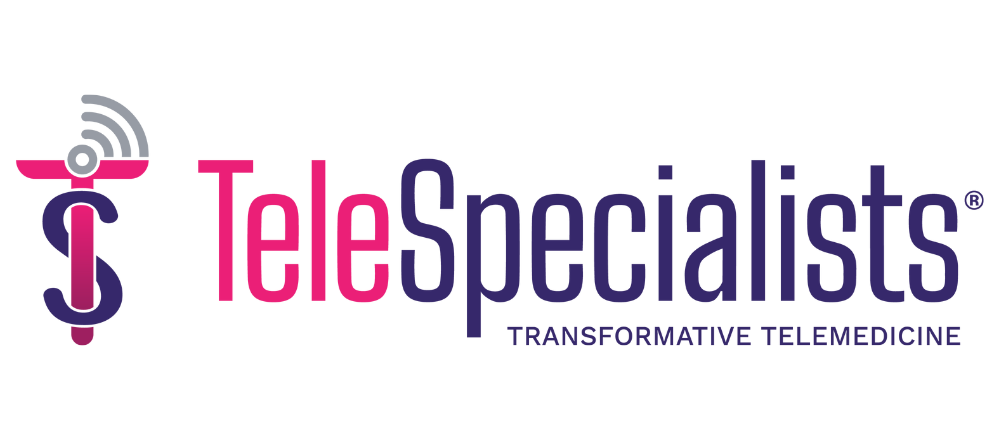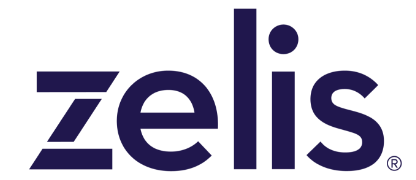
As part of its continuing efforts in healthcare, Apple has identified a new market of interest: the Medicare Advantage population.
CNBC reported that the tech giant is in talks with multiple private Medicare Advantage insurers ranging from traditional health plan players to smaller venture-backed upstarts to determine ways to subsidize the cost of the Apple Watch for at-risk seniors.
The company’s most recent model, the Apple Watch 4 has taken a large step toward being a clinically-validated medical device with in-built features like fall detection and the ability to perform EKGs, which can detect irregular heart rhythms.
A major barrier to customer adoption though has been the price. While older versions of the Apple Watch can be found for $230, the Apple Watch 4 starts at $399 for the lowest level model.
Medicare Advantage has been a lucrative space for potential experimentation in lowering healthcare costs due to its capitated model which allows for more flexibility in approach in providing care.
Around 19 million people are enrolled in Medicare Advantage plans currently, but that number is continuing to grow with major insurers like Aetna and UnitedHealth announcing major expansion plans.
New startups like Devoted Health and Bright Health have also entered the space buoyed by sophisticated data operations Having a real-time data collection device like the Apple Watch could give health plans a more up-to-date accurate picture of a patient’s health which may also save money by helping to route patients to the most appropriate site of care.
Apple has already linked up with a few insurers to defray some of the cost of the Apple Watch. Last year, UnitedHealthcare added the Apple Watch to their wearable device wellness program that encourages people to walk more by using financial incentives tied to step counts.
Picture: Apple










